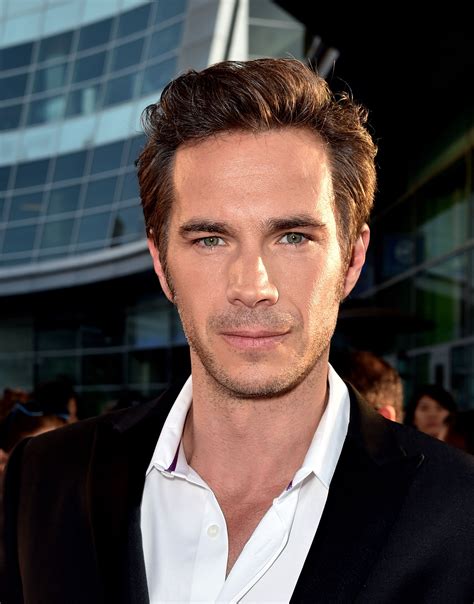A Quote by Don DeLillo
There is a set of balances and rhythms to a novel that we can't experience in real life. So I think there is a sense in which fiction can rescue history from confusion.
Related Quotes
I would not describe myself as a political writer except in the sense that the personal is political, which is something that I do strongly believe. And in that sense American Gods is a very personal novel and a political novel. I was trying to describe the experience of coming to America as an immigrant, the experience of watching the way that America tends to eat other cultures.
This fact was something I also learned from this first novel that I needed personal experience to invent, to fantasize, to create fiction, but at the same time I needed some distance, some perspective on this experience in order to feel free enough to manipulate it and to transform it into fiction. If the experience is very close, I feel inhibited. I have never been able to write fiction about something that has happened to me recently. If the closeness of the real reality, of living reality, is to have a persuasive effect on my imagination, I need a distance, a distance in time and in space.
There's no real objection to escapism, in the right places... We all want to escape occasionally. But science fiction is often very far from escapism, in fact you might say that science fiction is escape into reality... It's a fiction which does concern itself with real issues: the origin of man; our future. In fact I can't think of any form of literature which is more concerned with real issues, reality.
Reading Tomato Red-the first Daniel Woodrell novel I came upon-was a transformative experience. It expanded my sense of the possibilities not only of crime fiction, but of fiction itself-of language, of storytelling. Time and again, his work just dazzles and humbles me. God bless Busted Flush for these glorious reissues. It's a service to readers everywhere, and a great gift.
I find it interesting that authors of fantasy and science fiction novels are rarely asked if their books are based on their personal experiences, because all writing is based on personal experience. I may not have gone on an epic quest through a haunted forest, but the feelings in my books are often based on feelings I've had. Real-life events, in fantasy and science fiction, can take on metaphorical significance that they can't in a so-called realistic novel.
Fiction and nonfiction are not so easily divided. Fiction may not be real, but it's true; it goes beyond the garland of facts to get to emotional and psychological truths. As for nonfiction, for history, it may be real, but its truth is slippery, hard to access, with no fixed meaning bolted to it. If history doesn't become story, it dies to everyone except the historian.







































